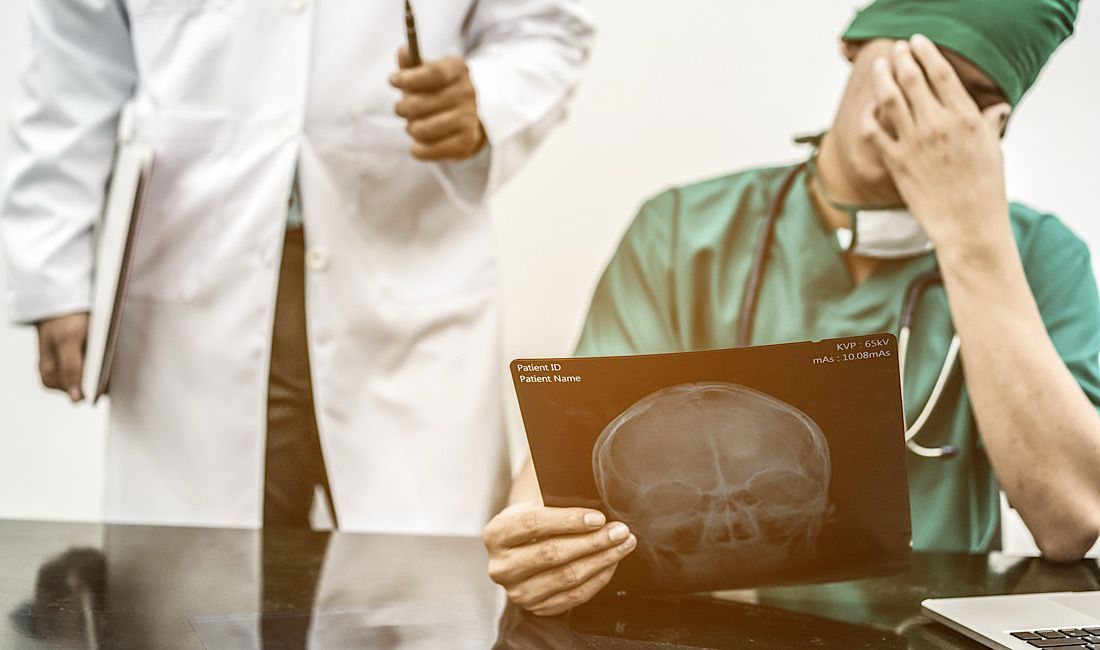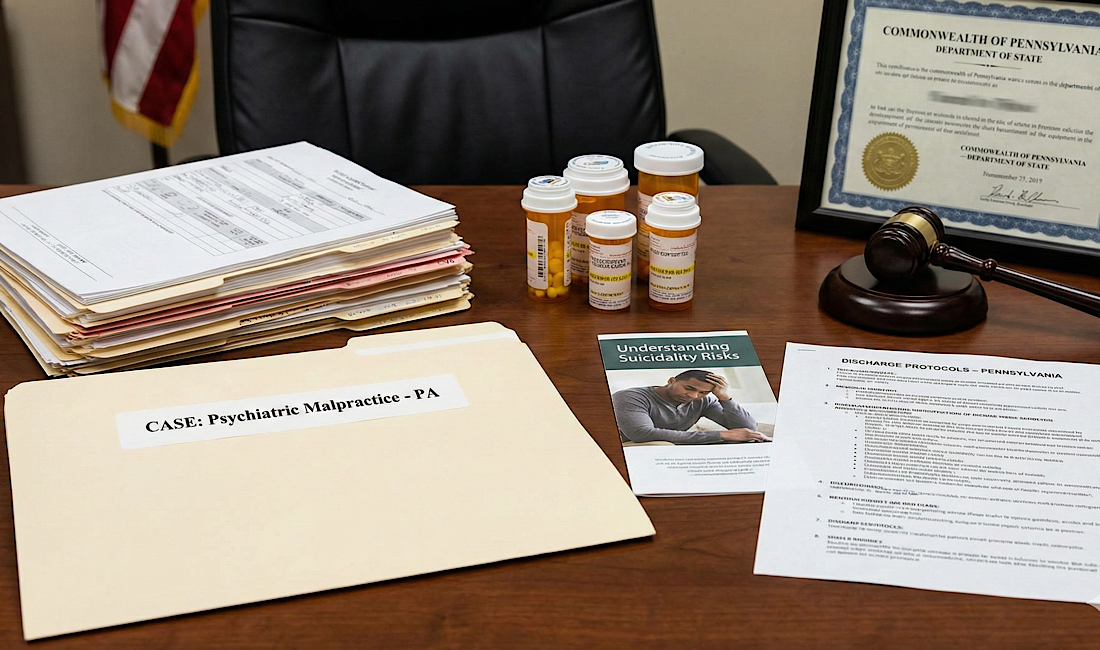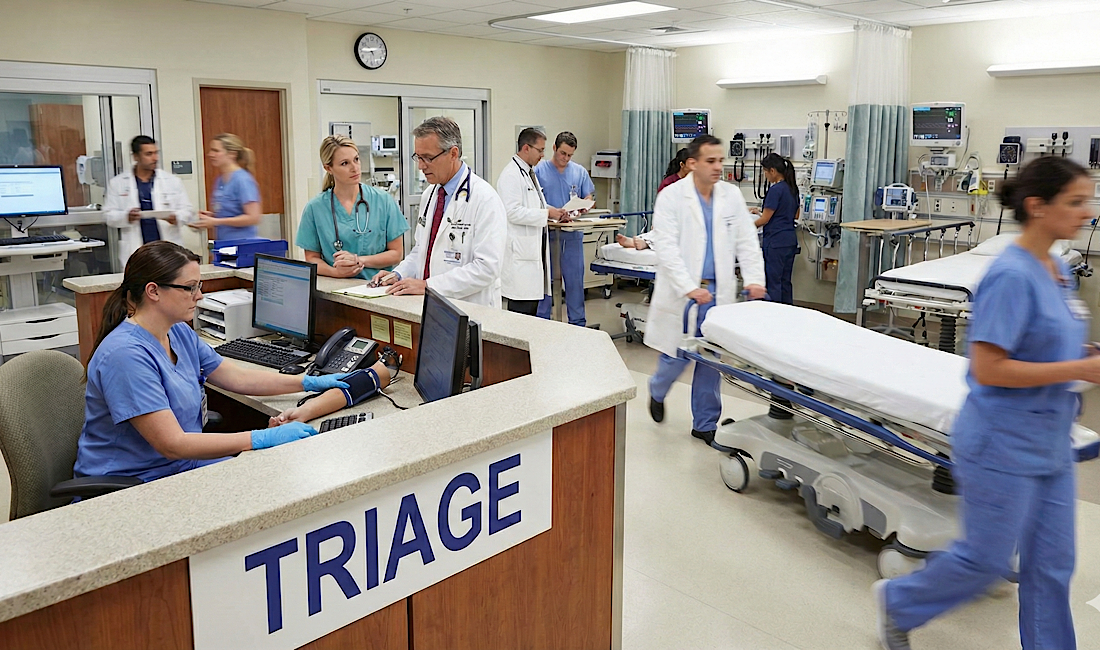Why Some Medical Malpractice Claims Fail — And How to Strengthen Yours
A serious medical error can change your life—but filing a malpractice claim is only the first step. Across Pennsylvania, thousands of patients attempt to hold negligent providers accountable each year, yet many walk away without compensation. Why? Because not all malpractice lawsuits succeed, even when the harm is real.
The truth is, a valid injury doesn’t automatically equal a winning case. Courts require detailed proof, strategic legal groundwork, and expert testimony. If you're pursuing a medical negligence claim, it’s critical to avoid common pitfalls that sink otherwise deserving lawsuits—and to take the right steps that make your case undeniable.
This guide from Frischman & Rizza breaks down why some claims fail and how to build a stronger path forward with the right injury case strategy.
Why Strong Medical Malpractice Claims Still Fail
Understanding why claims collapse can help you avoid making the same mistakes. Here are the most common reasons malpractice lawsuits in Pennsylvania fall short:
Lack of Expert Testimony
In PA, every malpractice case must be backed by a Certificate of Merit, confirming that a qualified medical professional believes the provider breached the standard of care. Without credible expert support, the case won't proceed.
Weak Causation Argument
Even if a provider made a mistake, the plaintiff must prove that error directly caused harm. Courts often reject claims where the link between negligence and injury is unclear, disputed, or complicated by pre-existing conditions.
Missed Deadlines (Statute of Limitations)
Pennsylvania gives patients two years from the date of discovery to file a claim. If that clock runs out—even by days—the case may be dismissed, no matter how strong the evidence.
Filing Without Full Medical Records
Some victims file early without obtaining full records or second opinions. Missing documentation can make it harder to prove deviations from accepted medical standards.
Incomplete Damages Documentation
Pain, suffering, and emotional trauma must be tied to provable medical damages. Plaintiffs without bills, treatment records, or loss-of-income documentation often fail to recover full compensation.
Inadequate Legal Representation
Medical malpractice is a high-stakes, complex area of law. Working with a general personal injury lawyer—or worse, handling it alone—can lead to procedural mistakes and weak arguments that experienced defense teams exploit.
What Makes a Malpractice Case Legally Strong?
A successful medical negligence case must show more than injury—it must prove legal fault. Here’s how strong claims are built from the start:
Document Everything: Medical visits, prescriptions, pain levels, daily challenges—every detail supports your claim.
Secure Full Medical Records: This includes tests, diagnostic notes, surgical reports, and any communication logs.
Get a Second Opinion: Another provider’s analysis can strengthen causation and confirm what went wrong.
Work With Legal and Medical Experts Early: Delay gives hospitals time to prepare; early action preserves critical evidence.
Avoid Direct Contact With Insurance Companies: Let your lawyer handle statements, or you risk undermining your claim.
Is Your Medical Malpractice Case on the Right Track?
Use this self-checklist to evaluate your case status. If any answer is “No,” it may be time to consult with a specialized attorney.
- Have I obtained complete medical records?
- Did I consult with a qualified medical expert?
- Can I clearly explain how the provider’s actions caused the injury?
- Do I have documented financial and emotional damages?
- Am I within Pennsylvania’s statute of limitations?
- Have I hired an attorney experienced in medical malpractice litigation?
FAQs: Medical Malpractice Lawsuits in Pennsylvania
How do I know if what happened to me was malpractice?
Not all bad outcomes are malpractice. You must prove a provider failed to meet accepted medical standards—and that this failure caused your injury.
Do I need a medical expert to testify?
Yes. Pennsylvania law requires it. The expert must practice in the same field as the defendant and explain how the standard of care was violated.
Can I sue if the injury was discovered later?
Possibly. The statute of limitations begins when you “knew or should have known” that malpractice caused your harm. Timing is complex—consult an attorney.
What compensation can I expect?
Damages may include past/future medical costs, lost earnings, pain and suffering, loss of enjoyment of life, and—in rare cases—punitive damages.
Do I pay legal fees upfront?
No. Frischman & Rizza handles medical malpractice cases on a contingency basis. You pay nothing unless we win or settle your case.
Why Legal Strategy Matters More Than Emotion
Medical malpractice cases are emotionally charged—but the courtroom deals in evidence, not outrage. Hospitals and insurers have powerful legal teams focused solely on denying or minimizing claims. To win, you need a strategic partner who understands the law, the medicine, and the tactics used against you.
At Frischman & Rizza, we’ve spent decades navigating Pennsylvania’s malpractice system, representing families and individuals who were misdiagnosed, mistreated, or ignored by the very professionals they trusted. We bring in board-certified experts, conduct detailed investigations, and build every case to withstand aggressive defense strategies.
If you're ready to pursue justice the right way, call our Pittsburgh office today at
(412) 247-7300 for a free consultation. We’ll give you the honest, experienced answers you need—and the strength to move forward.






